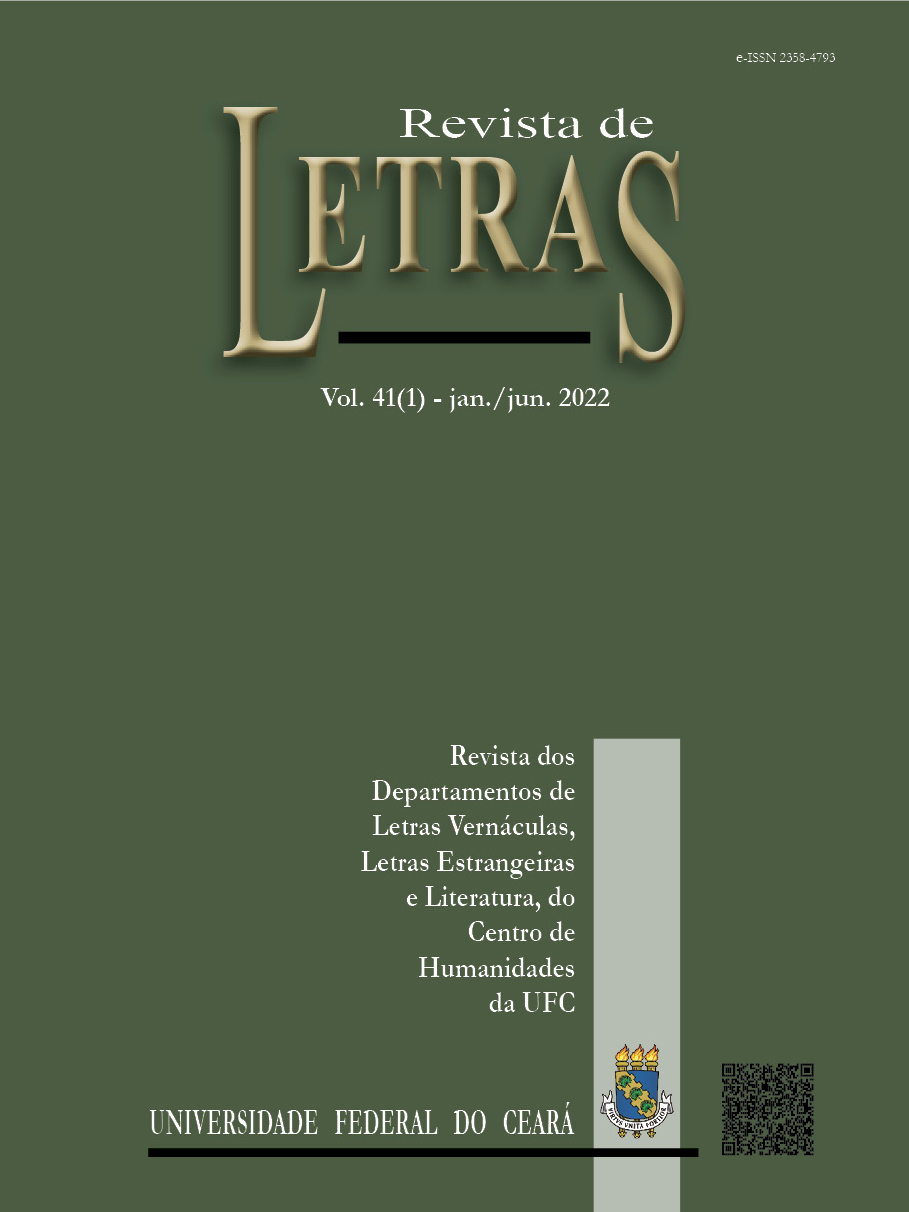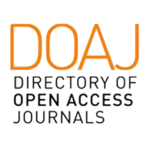CRITÉRIOS ANALÍTICOS DA DESQUALIFICAÇÃO DO OUTRO NA CONSTRUÇÃO DA POLÊMICA MIDIÁTICA
DOI:
https://doi.org/10.36517/revletras.41.1.2Abstract
The media in general, based on the argument of public interest, orchestrate and incessantly spread polemicS of the most varied natures. However, this media polemic has favored severe criticism from several subjects enrolled in different ideological positions, expressed by the disqualification of the other. Faced with this textual-discursive phenomenon, under the bias of Textual Linguistics (TL) studies, we will try to answer the following question: what are the TL analytical criteria that evidence the disqualification of the other in the media polemic? Despite being so criticized by the most distinguished social actors, the disqualification of the other in the media polemic occupies a very privileged place in the media in general, insisting on remaining recurrent in the public space. To deal with this problem, we base ourselves on the theoretical constructs of Amossy (2017), who proposes a concept of polemics as an argumentative modality and the notion of disqualification of the other, as a property of this argumentative modality, and the criteria for the characterization of the disqualification of the another obtained through the result of the ongoing research by Duarte (2021). This research has so far pointed to the following analytical criteria for disqualifying the other in the light of TL: the processes of strict and broad intertextuality (CARVALHO, 2018); the different stages of referential construction (CUSTÓDIO FILHO, 2011; CAVALCANTE and BRITO, 2016; CAVALCANTE et al., 2020); the construction of Culpeper's sociocultural marks of impoliteness (2015); the pathemization strategies of Charaudeau (2010, 2015); and the persuasion process established as one of the defining parameters of the polemical argumentative modality (DUARTE, 2021).
Key words: Disqualification of the other. Polemic. Media.
Downloads
Downloads
Published
How to Cite
Issue
Section
License
Autores que publicam nesta revista concordam com os seguintes termos:- Autores mantêm os direitos autorais e concedem à revista o direito de primeira publicação, com o trabalho simultaneamente licenciado sob a Licença Creative Commons Attribution que permite o compartilhamento do trabalho com reconhecimento da autoria e publicação inicial nesta revista.
- Autores têm autorização para assumir contratos adicionais separadamente, para distribuição não-exclusiva da versão do trabalho publicada nesta revista (ex.: publicar em repositório institucional ou como capítulo de livro), com reconhecimento de autoria e publicação inicial nesta revista.
- Autores têm permissão e são estimulados a publicar e distribuir seu trabalho online (ex.: em repositórios institucionais ou na sua página pessoal) a qualquer ponto antes ou durante o processo editorial, já que isso pode gerar alterações produtivas, bem como aumentar o impacto e a citação do trabalho publicado (Veja O Efeito do Acesso Livre).

.png)






.png)
